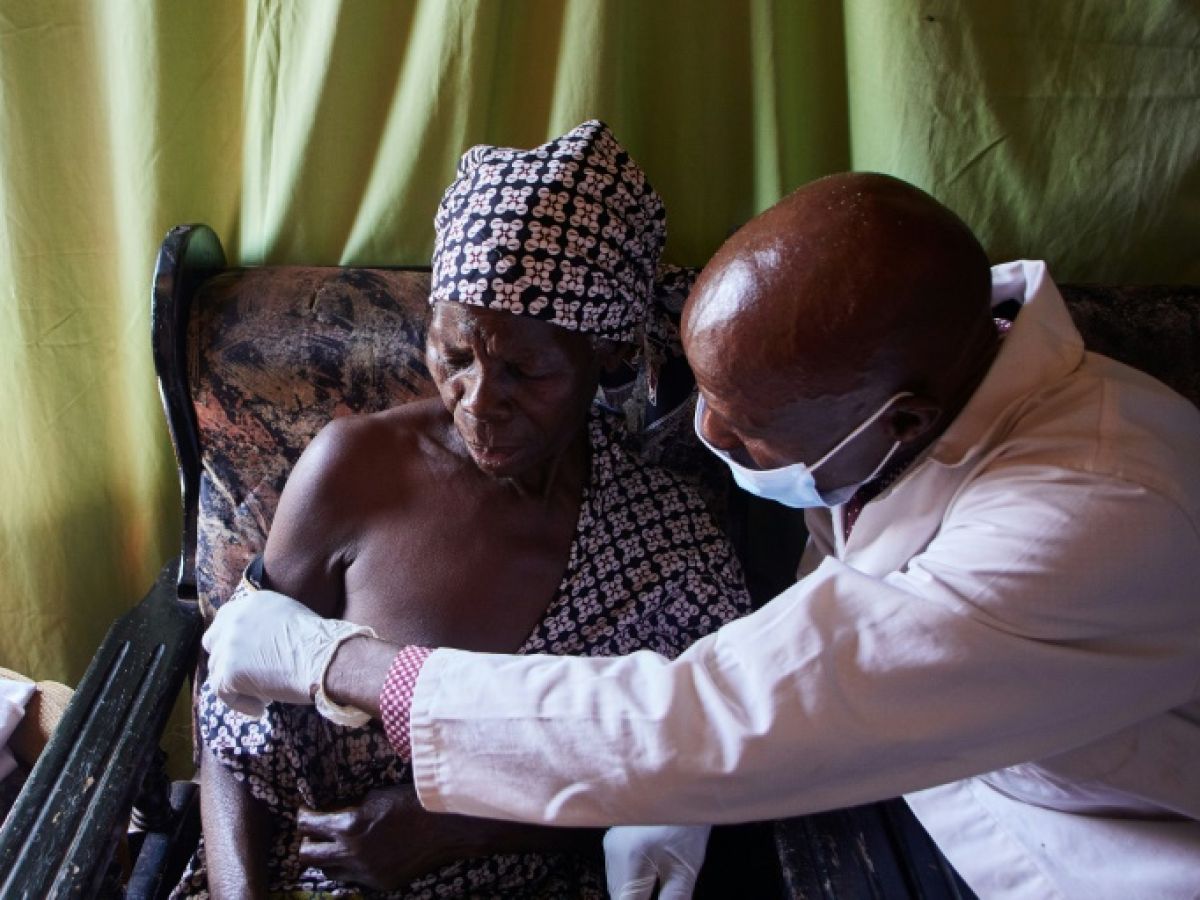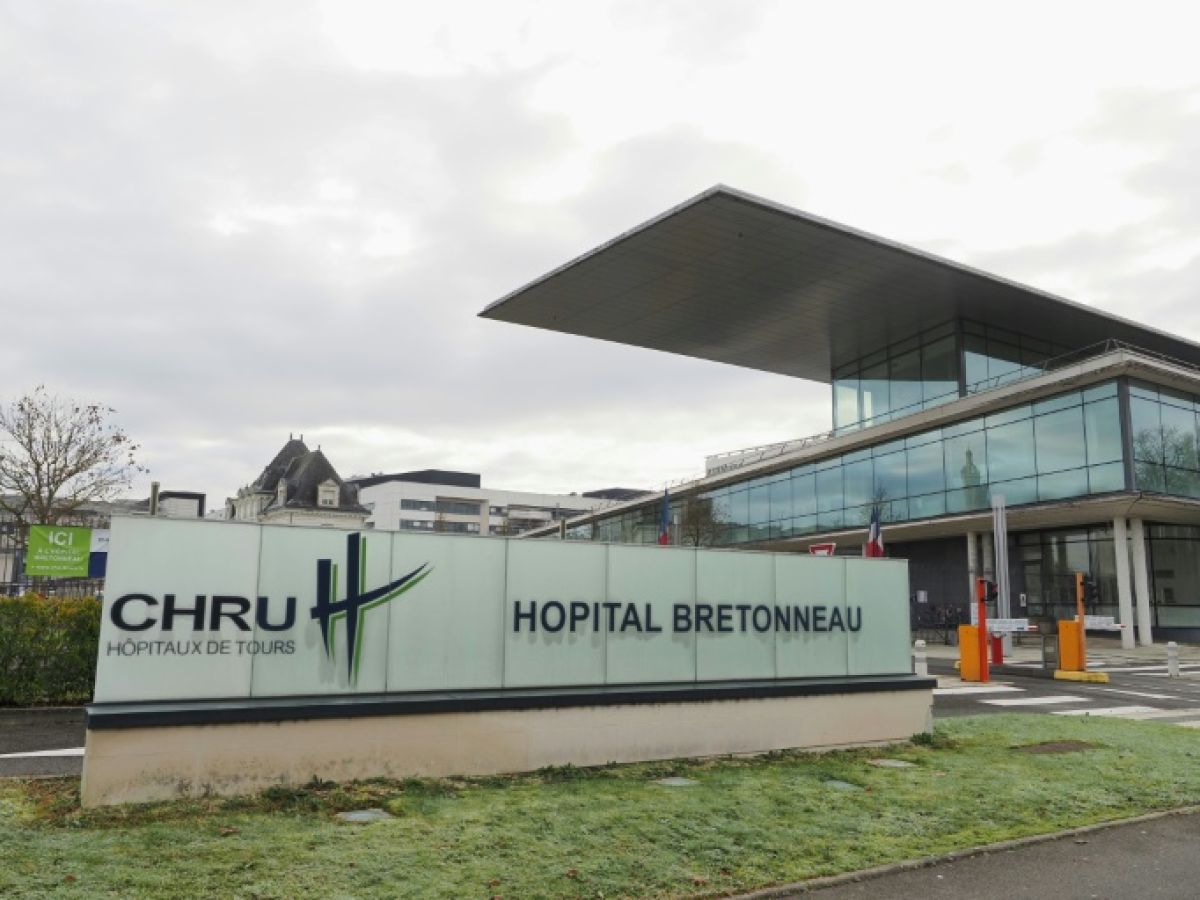With no treatment available for her cancer at Harare's public hospital, Agnes Kativhu, like so many in Zimbabwe, has turned to one of the countless herbalists' shops springing up in the capital.
"I never want to go back to the hospital!" says the 67-year-old woman with breast cancer.
"Because it breaks my heart that they didn't give me a single pill," says this patient between the faded walls of a makeshift office run by a traditional doctor.
Neither approved nor controlled, Zimbabwean herbalists, even without proof of the effectiveness of their treatments, are popular with a section of the population, both distrustful of conventional medicine and neglected by the public health system.
Zimbabwe's largest public hospital, Parirenyatwa, for example, has not had a single working mammography machine for 15 years. And its radiotherapy machine is the only one accessible to the public in the entire southern African country of 17 million people.

"We recognize that one device is not enough," agrees Nothando Mutizira, head of the oncology department at Parirenyatwa. "But we manage to provide radiotherapy care with this one device," she assures.
Like other public hospitals facing the economic crisis gripping Zimbabwe, Parirenyatwa is short of medicines, equipment and even staff, as doctors and nurses go abroad in search of better salaries.
– Calls for donations –
Some hospitals are appealing for donations of tablets and basic equipment such as gloves and syringes. "There are no drugs," Simbarashe James Tafirenyika, president of a nurses' union, simply sums up.
Even when a hospital has equipment, the country's frequent power cuts put it out of service, he said.

With the development of the private sector, public hospitals are also losing their medical staff. When they are not taken over by the United Kingdom, where nursing assistants are much better paid.
"Some emigrate to South Africa, others to Zambia, others to Mozambique," the union leader describes.
The corridors of Parirenyatwa are cluttered with patients and their families wandering between walls with peeling paint and under cracked ceilings.
Waiting lists are long and those who can afford it go to neighbouring South Africa for treatment. The rest go to herbalists.
"Many people fear both the disease and its treatments, avoiding chemotherapy, radiotherapy and surgery," says Lovemore Makurirofa of the Zimbabwe Cancer Control Association.
The emerging market of herbal medicine pharmacies, popularized by heavy street advertising, is worrying hospitals because it is delaying the treatment of patients, according to them.
"When you ask patients why it took them so long to come for treatment, they usually tell you that they have been using medicinal plants for a long time," says oncologist Nothando Mutizira.

"When patients finally come, they have stage 3 or 4 cancer, which is more difficult to treat, more expensive and has a much worse prognosis," she adds.
The herbalist who runs the Harare centre where Agnes Kativhu came to treat her breast cancer has no doubts about her ability to cure.
"I can treat any type of cancer," says Never Chirimo, 66, without hesitation, also claiming to be able to diagnose them using plants.
Another of his patients, Wilfred Manatsa, 58, said he spent $25,000 on treatment at a private hospital for prostate cancer and Kaposi's sarcoma, which affects the skin.
Surgery would have cost $7,000 more, he didn't have it.

